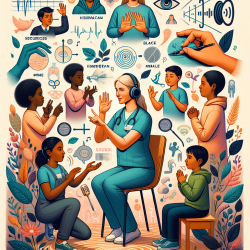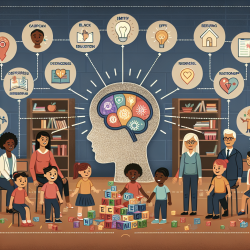Introduction
As practitioners dedicated to improving the lives of children, we must remain informed about the broader social issues that impact our clients and their families. The recent study titled Study of human rights violations faced by women who use drugs in Estonia highlights significant challenges faced by women in Estonia, particularly those who use drugs. Understanding these challenges can inform our practice and advocacy efforts, ensuring we contribute positively to the lives of the children and families we serve.
Key Findings of the Study
The study documents widespread human rights violations against women who use drugs in Estonia. These violations include:
- Parental rights violations, where children are removed from mothers unable to cease drug use.
- Healthcare rights violations, including inadequate drug and HIV treatment and unauthorized disclosure of medical data.
- Labor rights violations, arbitrary arrests, and lack of access to psychosocial support and protection from gender-based violence.
These findings suggest that punitive drug laws and enforcement practices, combined with stigma and lack of gender-specific treatment facilities, are significant drivers of these violations.
Implications for Practitioners
As speech-language pathologists, our role extends beyond direct therapy. We are advocates for our clients and their families, often interfacing with various systems, including healthcare and education. Understanding the broader context of human rights violations can enhance our advocacy efforts in several ways:
- Advocacy for Inclusive Policies: We can advocate for policies that support the rights and needs of vulnerable populations, ensuring that children and their families receive equitable access to services.
- Interdisciplinary Collaboration: Collaborating with social workers, healthcare providers, and legal advocates can help address the systemic barriers faced by our clients.
- Educating Stakeholders: By educating school personnel and other stakeholders about the challenges faced by families, we can foster a more supportive environment for children.
Encouraging Further Research
The study underscores the need for further research into the intersection of human rights, healthcare, and social services. As practitioners, we can contribute to this body of knowledge by documenting and sharing our experiences and insights. Engaging in research initiatives or collaborating with academic institutions can help illuminate the challenges faced by our clients and inform evidence-based interventions.
Conclusion
The study on human rights violations in Estonia provides valuable insights into the systemic challenges faced by women who use drugs. As speech-language pathologists, we have a responsibility to advocate for the rights and well-being of our clients and their families. By understanding these issues and engaging in advocacy and research, we can contribute to creating more equitable and supportive environments for children.
To read the original research paper, please follow this link: Study of human rights violations faced by women who use drugs in Estonia.










